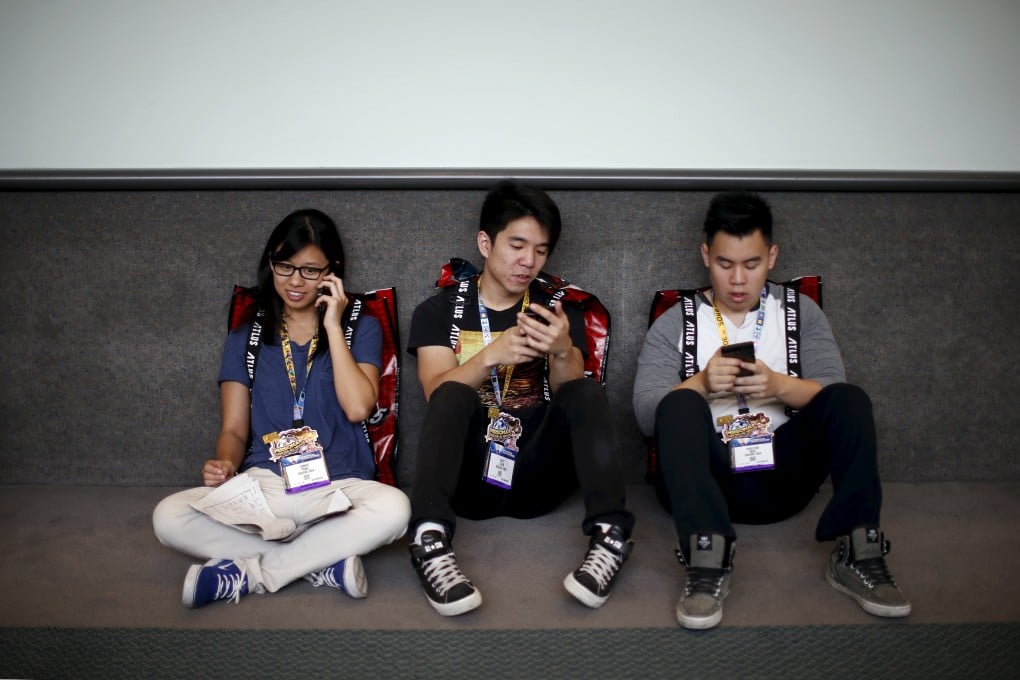Alibaba, Tencent and walled gardens: History repeats itself on the Chinese web
In a bid to prevent users from venturing out of their proprietary environment, Alibaba and Tencent are aggressively adopting a walled garden strategy.

In last year’s movie The Edge of Tomorrow, Tom Cruise’s character is forced to repeat the same day over and over again in a fight against aliens bent on taking over Earth. In the 1993 movie Groundhog Day, Bill Murray’s character also had to repeat his day many times although under less stressful circumstances. When it comes to technology platforms, I sometimes feel as if we are living the same day over and over again.
Back in the 1960s, American Telephone & Telegraph (AT&T) did not allow “foreign” devices to connect to its telephone network. AT&T had a monopoly on telephone calls in the US and argued that a device it did not manufacture might endanger or degrade its network. Although some devices posed a threat, most were harmless. In these cases AT&T’s motivation was to extend its monopoly control of the phone network to the related equipment market. AT&T had a subsidiary called Western Electric devoted to making and selling equipment and could capture the margins on equipment through it (AT&T’s prices were regulated but equipment margins were higher than those for phone calls). Perhaps more importantly, AT&T wanted to prevent an alternative to its network developing as later happened with wireless and computer networks.
AT&T’s strategy worked until an inventor named Thomas Carter challenged it by petitioning the Federal Communications Commission (FCC), the industry regulator. He had invented a device called the Carterfone that allowed a two-way radio to connect to the phone network. This was useful in locations without phones (these were the days before cellphones). For example, an oil rig worker could use his two-way radio to call another radio which an operator would patch into the phone network allowing the worker to call anyone with a phone. In 1968 the FCC, facing pressure from the emerging computer industry that wanted to move data over the phone network, sided with Carter and declared that AT&T must allow any safe device to interconnect. This led to a flood of independently-manufactured devices including phones and computer modems.
Fast forward to 1998 and a company called America Online (AOL) is the world’s largest internet service provider with a 55 per cent share in the US. Part of AOL’s strategy was to keep its customers within a “walled garden”. Although the broader internet was public, AOL tried to keep its users within its proprietary environment by controlling the home screen they saw when logging in (these were the days of dial-up internet so users had to log in each time they connected) and providing its own content, e-commerce, email, and chat services. It was a successful strategy: users spent 40 per cent of their time on its e-commerce, services and content; 23 per cent on its email; 20 per cent on its chat; and only 17 per cent on the public internet.
AOL had the same goal as AT&T: reduce the substitutes for its product so as to keep its margins high. While AT&T tried to protect its self-contained environment through regulation, AOL did so by reducing users’ transactions costs. It was easier for users to get everything from AOL than to visit many different outside services. AOL succeeded with this strategy for many years. It was undone by the widespread adoption of broadband internet. Broadband internet speeds were much faster than AOL’s dial-up service allowing users to easily search across the public internet and “bundle” disparate services on their own.